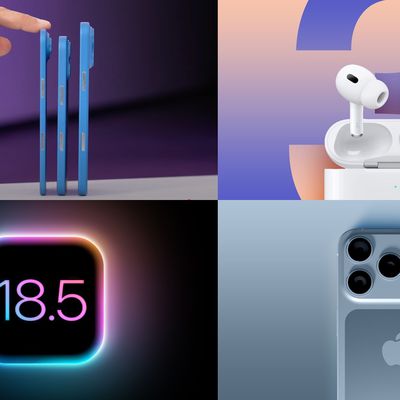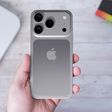Earlier today, we noted that a U.S. judge late last week declined to issue a preliminary injunction barring Samsung from selling several of its Galaxy smartphone and tablet devices in the United States while Apple's case alleging patent and design infringement moved through the courts. From the decision released by Judge Lucy Koh, The Verge noted that it had seen portions of the court order that had been redacted and which revealed that Apple had licensed one specific iOS interface patent to both Nokia and IBM. Samsung had, however, declined to license the invention when offered the option by Apple as part of settlement talks in late 2010.

Reuters now reveals how that redacted portion of the court order came to light, as the initially-posted court order had mistakenly allowed the redacted text to be visible upon copying and pasting.
In her 65-page ruling denying Apple's request for a preliminary injunction against Samsung, Koh attempted to redact nearly two dozen sentences or short fragments. But because of a formatting characteristic in the prior electronic version, the redacted material can be viewed by copying text from the PDF and pasting it into another document.
The publicly-available version of the court order has been corrected and the redacted portions are no longer visible, but Reuters shares a few tidbits of information revealed in the redacted portions.
Perhaps most significantly, Koh cites as part of her rationale Apple's admission that Samsung is more likely to take market share from other Android manufacturers than it is from Apple.
According to the redacted portions, Apple's own studies show that existing customers are unlikely to switch from iPhones to Samsung devices. Instead, the evidence suggests an increase in sales of Samsung smartphones is likely to come at the expense of other smartphones with Android operating systems, Koh wrote.
The admission is not a tremendous surprise given the barriers to switching app ecosystems and surveys of iOS device owners reporting significant loyalty to the platform, but it is interesting to see Apple's formal admission of the relatively low risks Samsung poses to Apple's current user base. Apple would of course argue that Samsung's alleged infringement would prove to be a bigger threat regarding users who are just moving to a smartphone for the first time.
Another interesting revelation from the court order is Samsung's argument that Apple shouldn't be awarded an injunction in part due to the sheer impossibility of Apple being able to keep up with demand for smartphone devices by itself. But Koh acknowledged that such an argument was "dubious" in the face of testimony and evidence presented by Apple claiming that it is indeed capable of meeting demand.
The dispute between Apple and Samsung has been receiving the most attention in the media given the number of cases going on around the world and the numerous day-to-day developments. But the first major decision in the United States may actually come when the International Trade Commission decides whether to rule in favor of Apple's request for a ban on the import of HTC smartphones over patent infringement. A final ruling on that request had been scheduled for tomorrow, but has been delayed until December 14th.






















